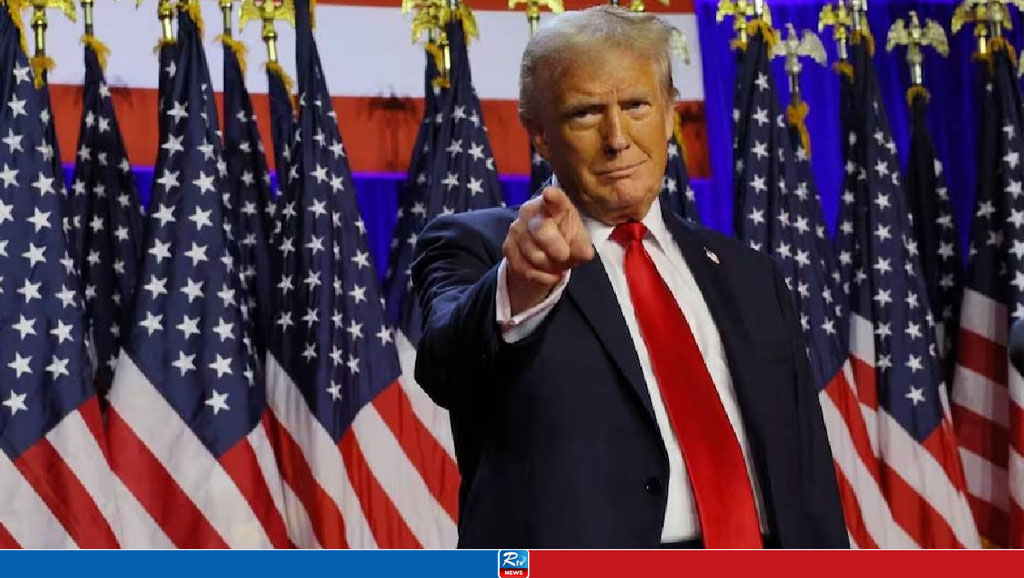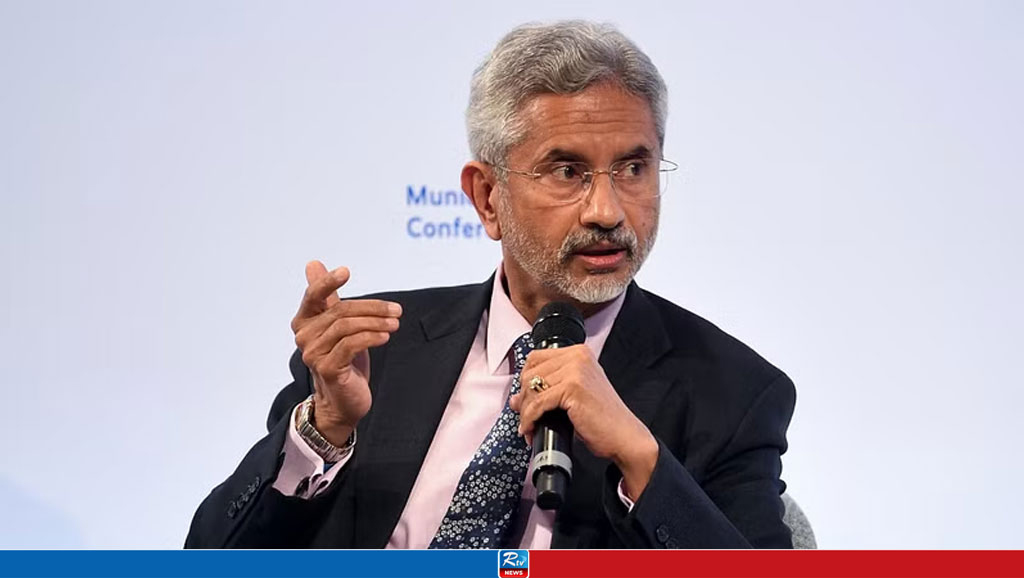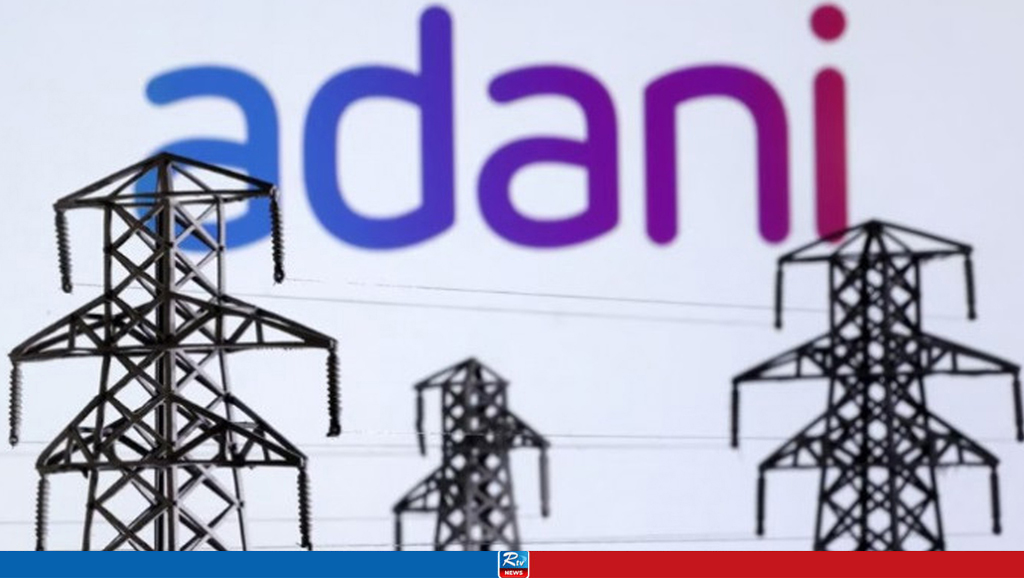Arun Prakash writes: Ukraine crisis highlights India’s need to reduce dependence on military imports

Capitals worldwide, regardless of their distance from Kyiv, are feeling the reverberations of the war in Ukraine, which has impacted not only global political and financial systems but also common people everywhere.
Ukraine is a key contributor of grain, edible oil and fertilisers to the world’s supply chains and Russia is a major exporter of natural gas and crude oil. Shortages of these items are leading to falling stock markets, rising prices, public discontent and even political upheaval.
Vladimir Putin’s full-scale invasion of Ukraine reminds us that realism remains the bedrock of inter-state relations and that “might” is still “right”. His reckless nuclear sabre rattling has not only brought us perilously close to the brink of World War III but also resulted in widespread collateral damage. Economic sanctions may not have killed globalisation but as countries seek alternate sources of food, energy, commodities and arms, polarisation and realignments are underway.
The casus belli of this conflict can be discussed endlessly but it has two essential facets. First, is Putin’s argument that a Ukrainian nation does not exist, because “it is an inalienable part of Russia’s history, culture and spiritual space.” Such revanchist claims are made by hegemonic states to camouflage their quest for dominance and are echoed in China’s “Nine-dash line” in the South China Sea, its occupation of India’s Aksai Chin and blatant claims on Arunachal Pradesh.
On the other hand, Putin accuses the US and Europe of bad faith, citing the assurance given to a worried Gorbachev that NATO would advance “not an inch eastward”. This solemn undertaking was allegedly violated when NATO enlisted, in the next decade, 10 former Warsaw Pact members. With Finland as the latest entrant, NATO is now, 31-strong and Russia feels truly cornered.
Notwithstanding this, there was as little justification for Russia’s aggression on a sovereign neighbour as there is for the West to egregiously fuel the ongoing conflict by a sustained supply of weaponry to Ukraine. This conflict has posed a dilemma for New Delhi, which remains engaged with Russia and China in the BRICS format as well as in the Shanghai Cooperation Organisation (SCO), while also partnering with the US in the Quad and Malabar groupings. To add complexity, India simultaneously holds presidencies of the G20 and SCO. Astute statesmanship will be required if India is to eke advantage from this “tightrope walk” while maintaining “strategic autonomy”.
Russia, in the wake of its bungled invasion, was badly in need of friends when China came to its rescue. With Xi Jinping now firmly in Putin’s corner, China will not countenance a Russian setback. The consequent relegation of Moscow to a “junior partner” gives Beijing great leverage and fetters Russia’s capacity to pursue independent relations with other states, especially India. Given the rapid decline of Russia’s capability/reliability as a defence supplier and our parlous security environment, India’s decision-makers should worry.
The recent Poonch ambush shows that despite multiple ongoing domestic crises, the Pakistan army-ISI combine remains undeterred and persists with cross-border terrorism. Of equal concern should be the stonewalling of Raksha Mantri Rajnath Singh’s demarche about the “violation of existing agreements” by his Chinese counterpart, Li Shangfu.
For New Delhi to stand firm against this dual-threat it needs to undertake a re-appraisal of its policies and accord priority to “power-balancing” as well as “technology acquisition” on its diplomatic agenda.
The Quad and Malabar groupings, whose membership includes Japan and Australia, are a manifestation of the convergence of US and Indian strategic interests. Although these forums appear to be serving a useful military-diplomatic purpose, their overall impact has been underwhelming. While China’s frequent intimidatory messages to Quad nations indicate that it sees this grouping as a potential impediment to its hegemonic grand plan, the Quad members — barring the US — have shown nervousness and trepidation in their responses. Quad meetings go to great lengths to emphasise that the grouping has no security implications and is not an “Asian NATO”. It is time for India to motivate its Quad partners to evolve a meaningful charter and agenda and to invest the grouping with substance — and teeth.
In this context two new US initiatives deserve mention. In September 2021, Australia, the UK and US announced the formation of a trilateral security pact, AUKUS. Under it, the US and Britain apart from sharing many advanced technologies with Australia would also assist it in acquiring a nuclear attack submarine (or SSN) force. Apart from basing the US and UK’s SSNs in Australia, Project SSN-AUKUS envisages training Australian crew in nuclear operations, sale of 3 Virginia-class SSNs and delivery of the first UK-built SSN to Australia in the late 2030s.
SSN-AUKUS brings into stark relief the complete absence of any similar offer of training, military technology or hardware, by the US to India. This is despite warm bilateral ties, a “strategic partnership”, the “historic and path-breaking” Indo-US civil nuclear deal and a host of defence-related agreements. Perhaps it was to address this stasis in Indo-US relations that an Initiative on Critical and Emerging Technologies (iCET) was announced in May 2022 by Joe Biden. It remains to be seen if iCET results in significant sales or transfer of technology to India or ends up as an addition to the “alphabet soup” of Indo-US agreements.
India, a nuclear-weapon state and space power, also fields the world’s fourth-largest military. And yet, the lackadaisical performance of its military-industrial complex has rendered it abjectly import-dependent for weaponry. While “atmanirbharta” is a laudable quest, technology has long gestation periods and we should draw useful lessons from China. In a single-minded campaign since the 1960s, China has employed reverse engineering, coercion, and even blatant theft to acquire military technology from the USSR and the West.
It is time for India to adopt a ‘whole of government’ approach so that trade, commerce, and diplomacy can be synergised, to leverage the acquisition of military technology that will make us truly atmanirbhar in the long run
Source: indianexpress.com
Comments
Indian Media Spreads Best Fairy Tales


 Live Tv
Live Tv




